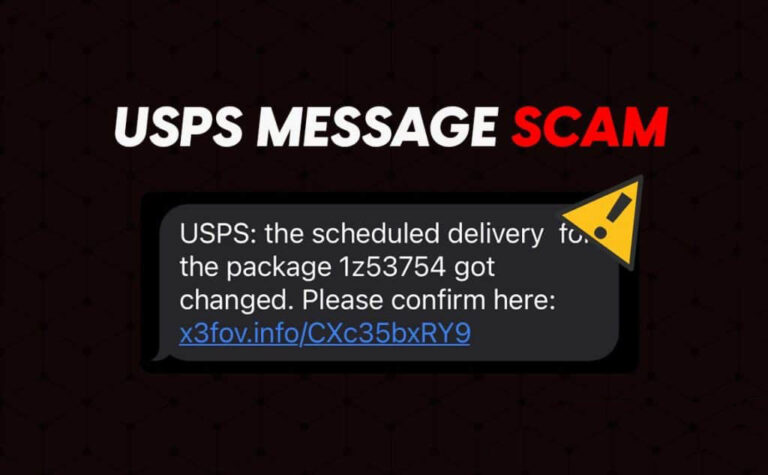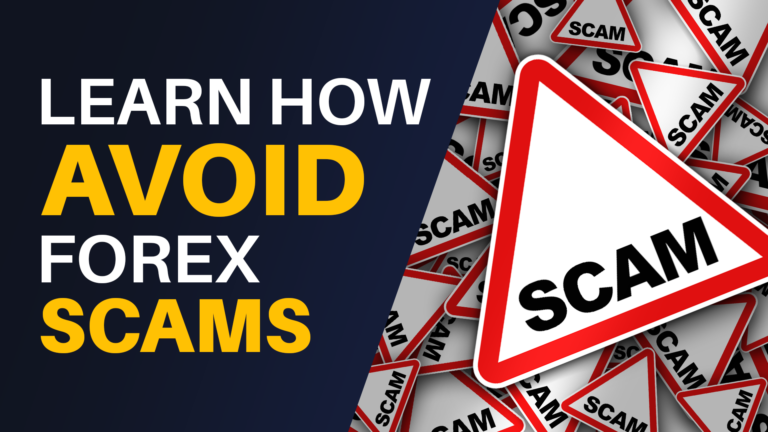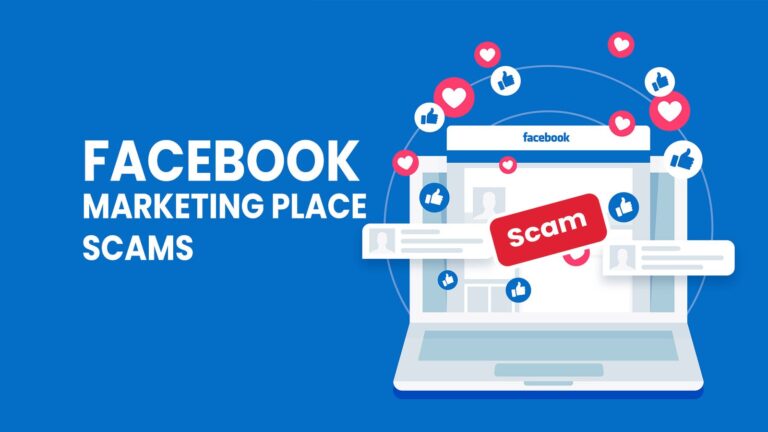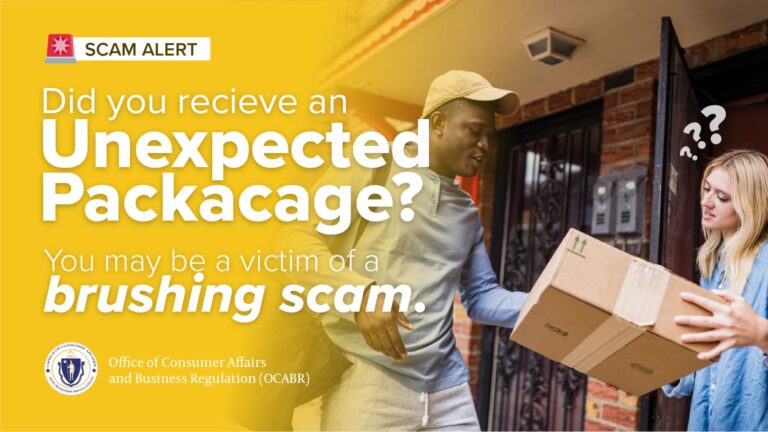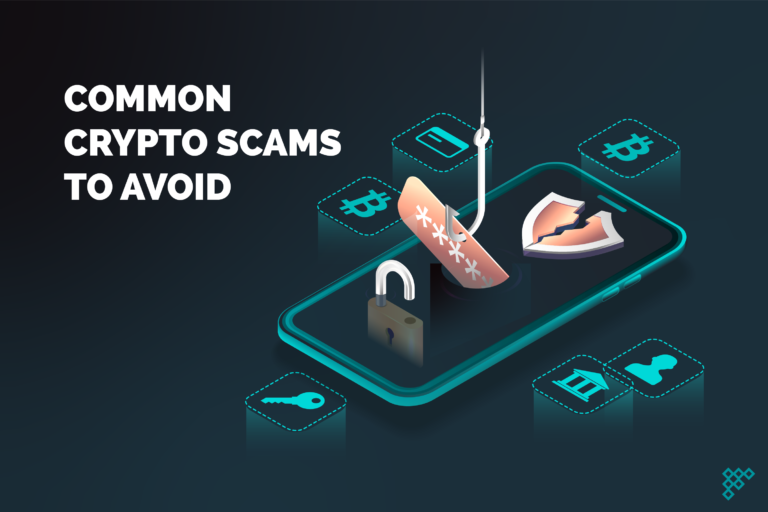PayPal Invoice Scams: Money request scams on PayPal?
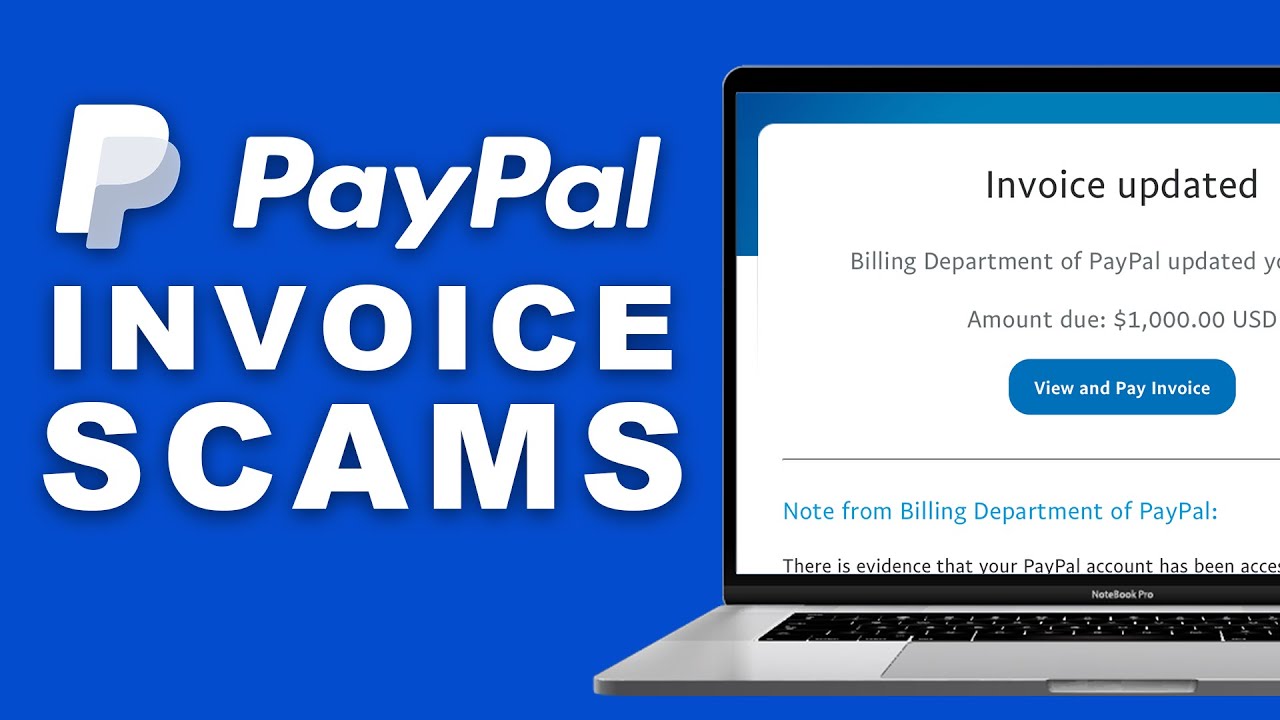
PayPal is a widely trusted online payment platform, enabling secure transactions between buyers and sellers. However, fraudsters are always on the lookout for opportunities to exploit the system, and one of their deceptive tactics is the PayPal Invoice Scam. In this blog post, we will delve into what the PayPal Invoice Scam is, how it works, and most importantly, how to recognize and protect yourself from falling victim to this cunning scheme.
Understanding PayPal Invoice Scams
PayPal Invoice Scams involve scammers sending fake PayPal invoices to unsuspecting victims, often posing as legitimate sellers or service providers. They exploit the trust associated with PayPal to trick users into making payments for goods or services that don’t exist. Here’s a closer look at how this scam typically unfolds:
The Anatomy of PayPal Invoice Scams:
- Fake Invoices: Scammers create counterfeit PayPal invoices that resemble legitimate ones, complete with PayPal’s branding and formatting.
- Deceptive Communication: The scammer contacts the victim, either through email, messaging platforms, or even phone calls, claiming to be a seller, contractor, or service provider.
- Urgent Request: The scammer pressures the victim by creating a sense of urgency, insisting that immediate payment is required to secure a product or service.
- Payment Instructions: The victim receives the fake PayPal invoice, which includes payment details and a link that redirects to a fraudulent PayPal login page.
- Stolen Funds: When the victim pays the invoice, the funds go directly to the scammer’s account, and the victim never receives the promised goods or services.
Recognizing the Red Flags
Spotting the warning signs of PayPal Invoice Scams is essential for protecting your finances and personal information. Here are common indicators to be aware of:
- Unsolicited Invoices: Be cautious of unsolicited PayPal invoices, especially if you haven’t initiated or confirmed a transaction.
- Urgent Language: Scammers often create a sense of urgency, pressuring you to make immediate payments.
- Suspicious Senders: Verify the sender’s identity and legitimacy, especially if they claim to be a seller or service provider.
- Check the URL: Before logging into PayPal to make a payment, check the website’s URL to ensure it’s the official PayPal website (https://www.paypal.com).
- Too Good to Be True: If an offer or deal seems too good to be true, it’s a common tactic used by scammers to lure victims.
Protecting Yourself From PayPal Invoice Scams
Defending against PayPal Invoice Scams requires vigilance and informed decision-making:
- Verify the Invoice: If you receive an unexpected PayPal invoice, contact the alleged seller or service provider directly through known and trusted channels to confirm its legitimacy.
- Use PayPal Securely: Log into your PayPal account manually by typing the official PayPal URL into your browser. Never click on links provided in unsolicited emails or messages.
- Check the Sender: Verify the identity of the person or entity sending the invoice, especially if you haven’t previously engaged with them.
- Educate Yourself: Stay informed about common scam tactics and red flags associated with PayPal Invoice Scams.
- Report Suspicious Activity: If you encounter a PayPal Invoice Scam or suspect fraudulent activity, report it to PayPal immediately.
- Share Knowledge: Inform friends and family about the potential risks of PayPal Invoice Scams and how to recognize them.
Conclusion
PayPal is a valuable tool for online transactions, but it’s not immune to scams. By staying informed, practicing caution, and recognizing the red flags associated with PayPal Invoice Scams, you can protect your personal information and financial well-being from falling into the hands of deceptive fraudsters. Remember that legitimate sellers and service providers won’t typically pressure you into making immediate payments or use unsolicited invoices. When in doubt, verify the authenticity of the request through trusted channels.

